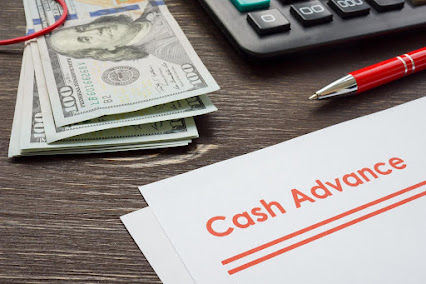The Pros and Cons of Online Store Credit Cards With Guaranteed Approval
Looking for a way to build credit but keep getting turned down when you apply for a credit card? Credit cards are a great way to build credit. If you have bad credit, obtaining new lines of credit can demonstrate that you can now make your monthly payments on time. But saying go out and apply for a credit card and build credit is easier said than done for some people. Especially if they don’t have the money to put down a security deposit and get approved for a guaranteed approval secured credit card. For people with bad or no credit, store credit cards offer an easier route to building credit and spending power. Online store credit cards with guaranteed approval are tools used by many consumers to build credit. Many retailers realize these cards can be used to help their clients not only shop in their stores. But help their clients to build or rebuild their credit by reporting their monthly payments to the major credit reporting agencies (Experian, Equifax, and TransUnion) monthly.



